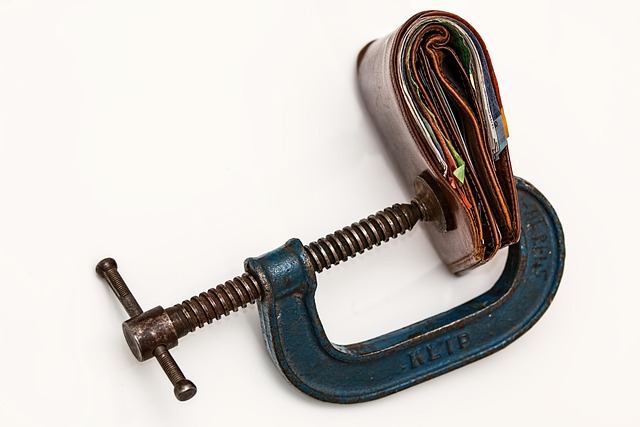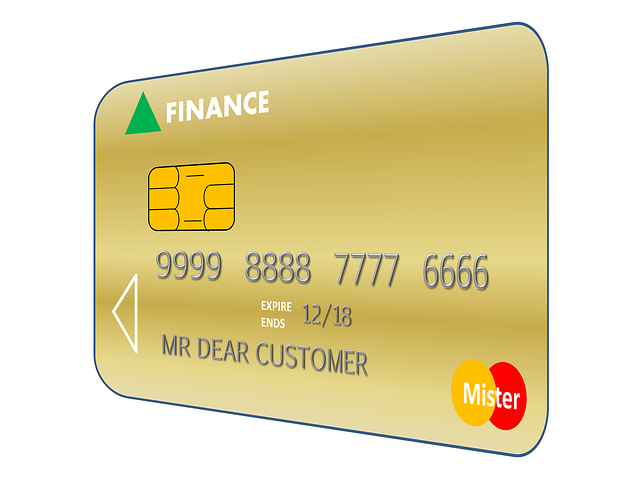Debt consolidation in South Africa simplifies managing multiple loans by combining them into one single loan with lower interest rates and flexible terms. Secured loans provide access to larger amounts at competitive rates, helping residents burdened by personal loans, credit cards, mortgages, and student loans. By consolidating, South Africans can reduce long-term costs, stabilize finances, and build a secure future, but must navigate stringent lender requirements and extended repayment periods responsibly.
In the bustling South African economic landscape, managing debt is a complex challenge for many. This article provides a comprehensive guide on understanding and navigating the process of consolidation of debt in South Africa. We delve into how secured loans can serve as strategic tools to streamline multiple debts into one manageable payment, alleviating financial strain. By exploring benefits, challenges, and best practices, this write-up aims to empower individuals to make informed decisions regarding their consolidation of debt journey.
- Understanding Debt Consolidation: A Comprehensive Guide
- The South African Landscape: Debt and its Impact
- Secured Loans as a Strategic Tool for Consolidation
- Benefits, Challenges, and Best Practices in SA
Understanding Debt Consolidation: A Comprehensive Guide

Debt consolidation is a strategic financial move that involves combining multiple debts into a single loan with a lower interest rate and more manageable terms. This process simplifies repayment by replacing several regular payments with one, often reducing the overall cost of debt in the long run. It’s a popular strategy among South Africans seeking to regain control over their finances, especially those burdened by high-interest rates across various loans.
In the context of South Africa, consolidation of debt has become an increasingly sought-after solution for many individuals and families. With diverse financial landscapes, from personal loans and credit cards to mortgages and student loans, the country’s residents often face challenges in managing multiple obligations. Secured loans play a pivotal role here by offering collateral-backed financing, which allows borrowers to access larger loan amounts at competitive rates, facilitating the consolidation process. This approach not only streamlines repayment but also empowers individuals to focus on rebuilding their financial health.
The South African Landscape: Debt and its Impact

In South Africa, the landscape of debt is a complex and pervasive issue, impacting a significant portion of the population. High levels of personal debt have led to a growing need for effective solutions to manage and consolidate this financial burden. Many South Africans find themselves caught in a cycle of multiple loans, credit cards, and other forms of debt, often with varying interest rates and repayment terms. This fragmented debt structure can make it challenging to keep track of payments and often results in substantial interest charges, further exacerbating the financial strain.
The consolidation of debt has emerged as a popular strategy among South Africans to gain control over their finances. By combining multiple debts into a single loan with a lower interest rate, individuals can simplify their repayment process and reduce overall debt costs. This approach is particularly attractive for those burdened by high-interest rates on credit cards or personal loans. Consolidation of debt in South Africa offers a promising avenue to stabilise financial situations, provide relief from overwhelming debt payments, and enable individuals to focus on building a more secure financial future.
Secured Loans as a Strategic Tool for Consolidation

Secured loans play a strategic role in the consolidation of debt in South Africa, offering individuals and businesses an effective solution to manage multiple liabilities. By utilizing assets as collateral, borrowers can secure favourable loan terms with lower interest rates compared to unsecured debt options. This is particularly beneficial for those burdened by high-interest credit card debts or various short-term loans. With a secured loan, they can consolidate their debts into one manageable payment, simplifying financial obligations and potentially reducing overall interest expenses.
In the context of South Africa’s economic landscape, where access to credit is vital for both personal and business growth, secured debt consolidation has gained significant traction. It allows individuals to regain control of their finances by streamlining multiple repayments into a single, more affordable schedule. Furthermore, it can enhance creditworthiness over time as timely loan repayments demonstrate responsible financial management, potentially leading to improved access to future funding opportunities.
Benefits, Challenges, and Best Practices in SA

Benefits and Challenges of Debt Consolidation in South Africa
One of the key benefits of consolidation loans in South Africa is their ability to simplify complex debt structures, making them easier for borrowers to manage. By combining multiple debts into one with a potentially lower interest rate, individuals can save on interest expenses and streamline repayment schedules. This simplification can also enhance credit scores over time as responsible management of a single loan demonstrates improved financial discipline.
However, challenges exist. Accessing consolidation loans may be difficult for those with poor credit histories or limited income. Lenders often require collateral or stringent creditworthiness criteria, leaving some individuals unable to avail themselves of this debt relief method. Moreover, if not managed effectively, consolidation can lead to further financial strain if borrowers extend the repayment period too much, resulting in higher interest payments over a longer term. Best practices for South Africans considering debt consolidation include thorough research on lender terms and conditions, comparing interest rates, and ensuring the consolidation plan aligns with their budget and long-term financial goals.
Secured loans play a pivotal role in facilitating the consolidation of debt in South Africa, offering both opportunities and challenges. By understanding the dynamics of the local debt landscape and employing strategic approaches, individuals can navigate this process effectively. With careful consideration of benefits like reduced interest rates and simplified repayment structures, as well as adherence to best practices tailored for the South African context, consolidating debt through secured loans can be a powerful tool for financial rejuvenation.







